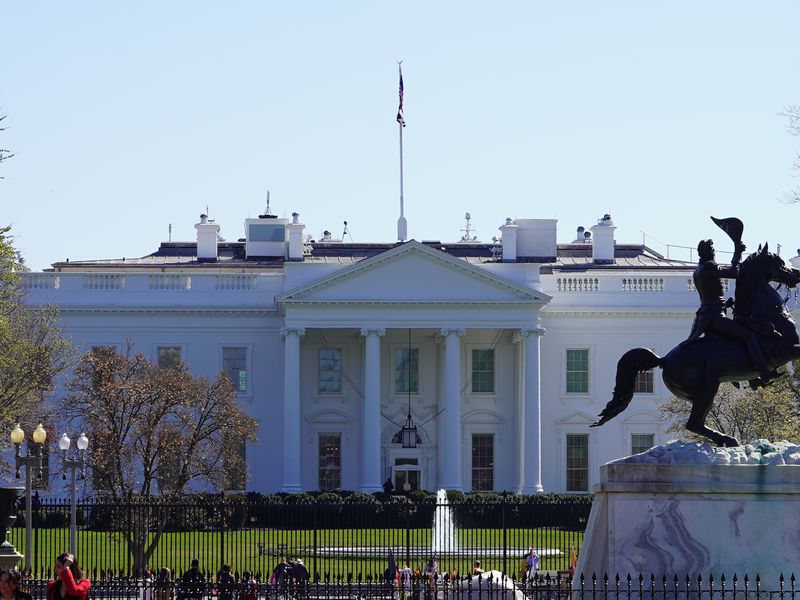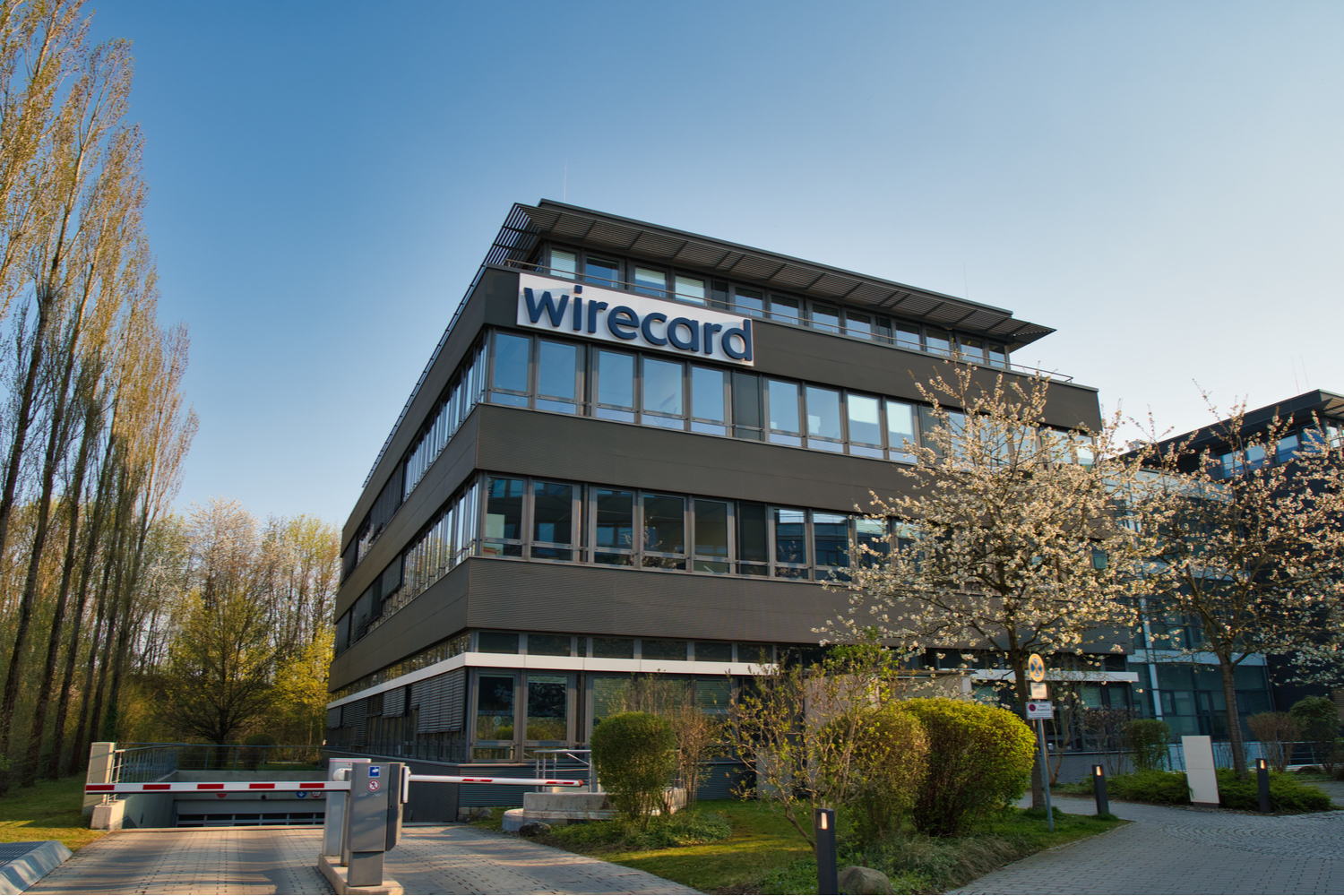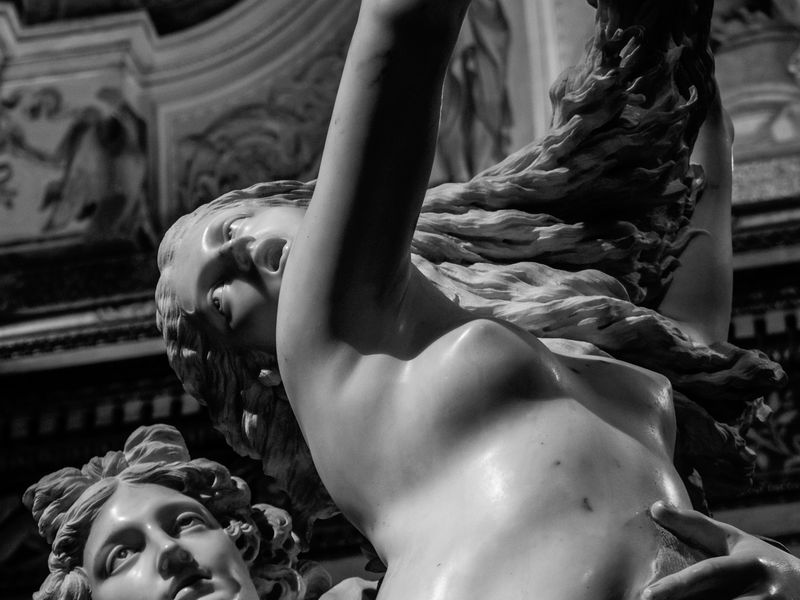What Tezos and Bitcoin Have in Common

The Tezos community has strong shared values, arguably as strong as bitcoin’s.
That’s the assessment of Castle Island Ventures partner Nic Carter, who said Tuesday:
“The number one lesson and takeaway of bitcoin is a core set of principles – defining them and making the chain a beacon to attract people who believe in those principles.”
He made the comment at TQuorum, a conference about the Tezos ecosystem organized by the Tocqueville Group. While the bitcoin and Tezos communities have different values, Carter argued both groups are comparably well-defined.
Tezos was funded by one of the largest initial coin offerings (ICOs) of them all, and Carter has been an ICO skeptic.
“But if you are going to do it, shoot for the moon and believe you are going to be able to create a new form of non-sovereign money,” Carter said of the Tezos ICO, which he says is the only ICO he’s participated in, adding:
“You don’t have enough advocates if it’s concentrated in a small number of folks.”
“There has to be a shared narrative,” Alison Mangiero, the Tocqueville Group’s president, told CoinDesk in an interview after the panel, explaining why her organization gathered leading members of the Tezos community for three days in New York.
Before the public conference began, Mangiero gathered some of the most active participants in the Tezos blockchain for a conversation about values. Some of the values her staff presented for discussion included open participation, token-holder-centricity, non-aggression, nuanced pragmatism and evolution (not revolution).
Culturally, Mangeiro noted that Tezos has been a very technical and academic project – one that has spent less time than others telling its story more broadly. However, there are developments happening now that could begin to interest outsiders.
She highlighted the fact that the Tezos answer to ERC-20 tokens has been built and its non-fungible token standard is coming soon as well.
Updates on bitcoin come more in the form of tools built for it rather than changes to the bitcoin software itself. One of the core values of bitcoin, of course, is the fact that it is very conservative. It changes slowly. It has a fixed monetary supply. It never rushes to shift the fundamentals.
Meanwhile, Tezos is built for change and these new features reflect that, Mangiero said. With formal verification built into the very protocol and its ability to be upgraded as its central feature, users who deploy new digital assets on Tezos have stronger safety and security assurances, she argued, adding:
“It’s like a public blockchain for adults.”
What’s the consensus?
So does the community possess a clear idea about the value of Tezos?
On the TQuorum conference floor, CoinDesk found the idea of a protocol that can change with the times to be one that came up repeatedly.
In fact, one interviewee (who preferred to remain anonymous) told CoinDesk he went from being a Bitcoin Maximalist to becoming stressed by bitcoin’s inability to change.
“I see a lot of people coming into [Tezos] from bitcoin because we saw a lot of things that were broken in the previous system,” he told CoinDesk. “Maybe this [Tezos] was something we could settle on and grow?”
Lukas Zuegg, a hobbyist baker (the Tezos term for those responsible for block creation) who also teaches workshops on validating the blockchain, said Tezos bakers have enough of a shared commitment to participating in governance that they have no compunction about naming and shaming each other on social media for not voting. Token holders also show they share these values by quitting bakers who skip votes.
That kind of culture gives Tezos a reputation for being a well-governed blockchain.
Still, Zuegg noted it’s small relative to other blockchains.
“I think it’s a challenge of managing bigger and bigger societies,” Zuegg cautioned.
Adrian Brink, a founder at Tezos startup Cryptium Labs, concurred that the network’s key feature is “constant, steady evolution, to go with the times.”
But he also echoed Zuegg’s point:
“The community is still very young so it’s fleshing out its ethos and its values.”
Image: Nic Carter, Castle Island Ventures; Tarun Chitra, Gauntlet Network; Lily Liu, investor and Coinbase alumna; and Joyce Yang, Global Coin Ventures. (Photo by Brady Dale for CoinDesk)








